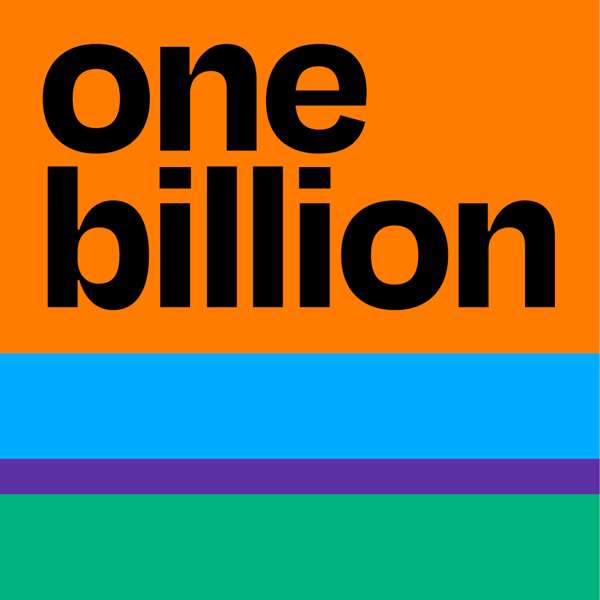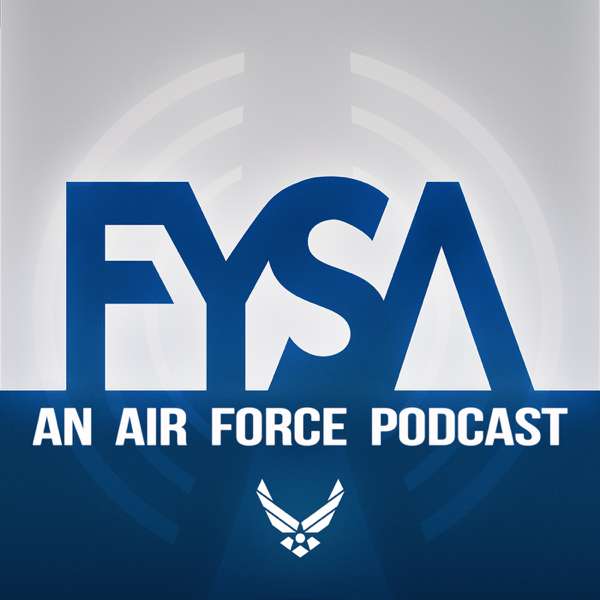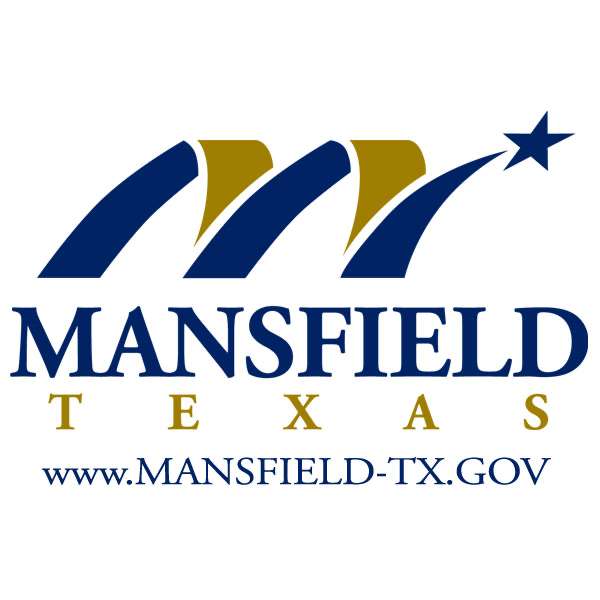3 November updates covered in this episode - Economic Impact Payments, Tax Court case management system, and certain IRS notices resume.
- Economic Impact Payments (EIPs) –
Nov. 10 is "National EIP Registration Day," part of a final push to encourage everyone who doesn't normally file a tax return to register to receive an Economic Impact Payment. "National EIP Registration Day" will take place just a few days ahead of the extended Nov. 21 registration deadline. This special event will feature support from IRS partner groups inside and outside of the tax community, including those that work with low-income and underserved communities.
Why does this matter if you could potentially get your EIP on the 2020 tax return? Because the EIP will look like the refundable credits and could be absorbed by tax liability. For those who need their EIP, that is another barrier to receiving this much-needed money from the IRS.
- Tax Court case management system
In late 2020, the Tax Court will be launching DAWSON, the Court’s new case management system. The Court expects DAWSON to be active by December 28, 2020.To facilitate the transition to DAWSON, beginning at 5:00 PM Eastern Time on November 20, 2020, the current e-filing system will become inaccessible and all electronic files will become read-only.
For those of you needing to file electronically with the Tax Court, it will be unavailable after November 20 until it becomes available again in December!
- Certain IRS notices resume
The IRS will resume issuing the 500 series balance due notices to taxpayers later this month. These notices were paused on May 9 due to COVID-19.
Although the IRS continued to issue most agency notices, the 500 series were suspended temporarily because of a backlog of mail at the IRS due to COVID-19. The IRS says their mail backlog is now “caught up enough” to account for the timely mailed payments. In late October or early November some taxpayers will begin seeing the updated 500 series notices with current issuance and payment dates.
The 500 series includes three different types of notices alerting taxpayers of varying stages of nonpayment — the CP501, the CP503 and the CP504.
The CP501 notice alerts individual taxpayers that they still have a balance due and provides their options.
The CP503 alerts taxpayers that the IRS hasn't heard from them and they may be subject to a lien if they don't pay.
The CP504 alerts taxpayers that they must pay their balances immediately or possibly face a levy of their state income tax refunds.

 Our TOPPODCAST Picks
Our TOPPODCAST Picks  Stay Connected
Stay Connected







